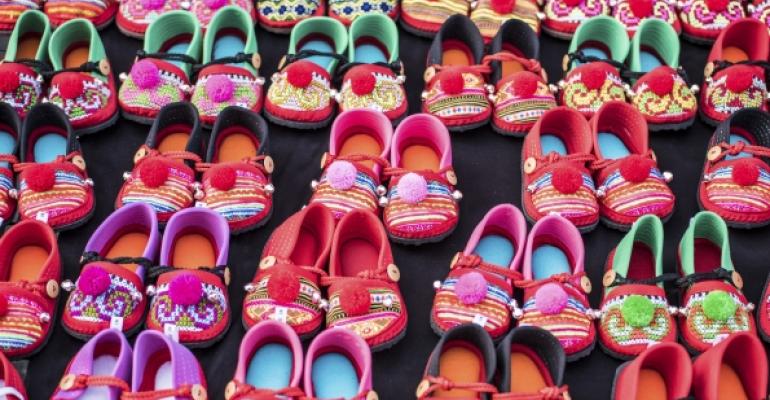Those of us fortunate to have an American passport have the freedom to move about the world easily— enjoying the ability to visit over 160 countries without a visa. Attending a last-minute business meeting in Tokyo, planning a vacation in Australia, or booking a long weekend in Paris is a straightforward transaction with few if any barriers or delays in entry.
I admit to taking this freedom of mobility for granted until I had the opportunity to develop meeting and incentive trips for an insurance client whose sales team includes a large percentage of Hmong people originally from Laos, Cambodia, and Vietnam, some of whom came to the U.S. as refugees.
Meetings industry professionals have a unique opportunity to build partnerships and bridge differences between cultures, creating awareness and understanding between people who are different from each other.
The great thing about our industry is that no matter how long you have been part of it, there is opportunity every day to learn something new. I have taken some amazing lessons from this client audience.
Be Empathetic: Inform the design of meetings and incentives for your diverse audiences by listening to their dreams, learning what they value most, and noting the tools they need to be successful.
This insurance client’s sales conference features regularly scheduled segments when any audience member may take the stage for two minutes. They share stories of sacrifice and struggle, and hearing about their hard-won successes once they arrived in the States has been humbling and moving. Their incredibly arduous journeys to the ballroom stage raises the bar for me to insure that the meeting and incentive experience surpasses their expectations on every level.
Understand the Hurdles: When selecting meeting and incentive locations for diverse groups like this, destination selection requires an additional level of research, including review of visa requirements and time frames.
If enough of your audience is unable to obtain passports due to their status, international destinations may be off the table—but locations like Puerto Rico or Hawaii can be very motivating for these sales teams.
When my insurance client selected a Silversea charter from Monte Carlo to Rome as an incentive trip for this group, we knew that a portion of the audience would have to navigate through obtaining Schengen visas. We built the timeline accordingly to insure sufficient intervals between receiving the invitation, obtaining the visa, booking air tickets, and providing necessary documentation to the ship.
Passport holders from Vietnam, Laos, and Cambodia wishing to travel in any of the 26 (mostly) European countries covered by the Schengen Treaty must go through a lengthy process to obtain a mandatory visa. This application entails extensive paperwork on the part of the traveler as well as an in-person interview at the consulate of the country where the traveler is spending the greatest number of days should their trip encompass more than one treaty country. The process can be expensive, including traveling to a consulate, and can take anywhere from 30 to 45 days with no guarantee of approval.
Be Appreciative: Our ability to bring cultural intelligence to the way we reach out and communicate with diverse audiences plays an important role in building interpersonal connections in a world that is increasingly more global and interconnected. Tailoring messages and experiences to each culture and community says that you appreciate their differences and understand that there is no one-size-fits-all solution to delivering impactful experiences.
The rewards for both you and your audiences can be incredibly inspiring. One evening halfway into that Silversea charter, one of those winners solemnly told me that this was a watershed moment not only in his life but for his people. It was the first time in history, he explained, that Hmong people as a group were passengers on a luxury cruise ship and that this would be talked about for decades to come.
I travel to see the world, meet new people, experience different cultures, and absorb new ideas. I stay in the incentive and hospitality industry for moments like this.





